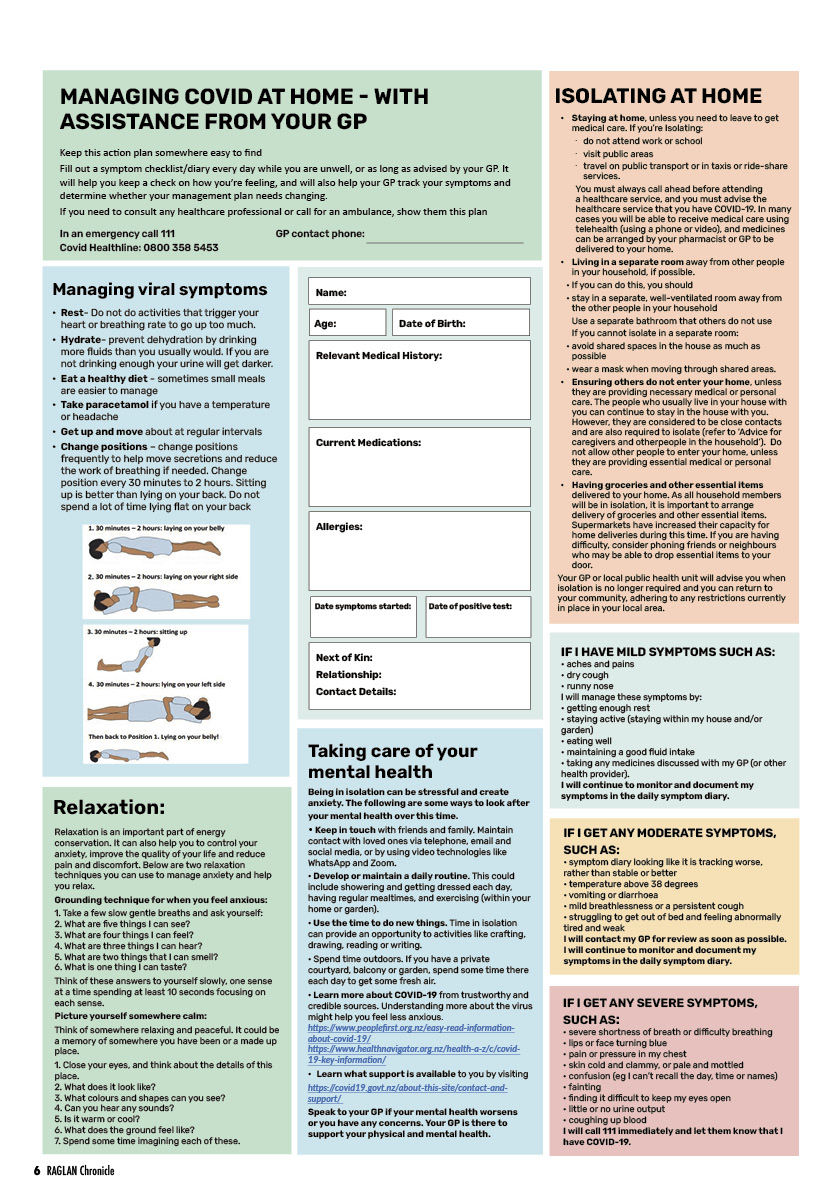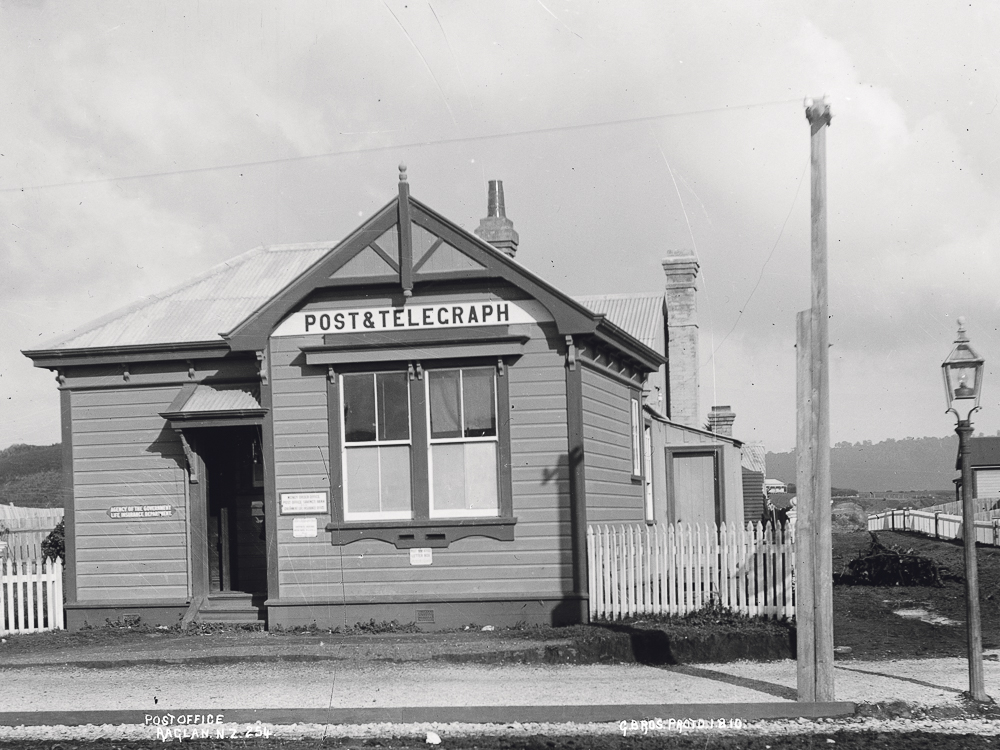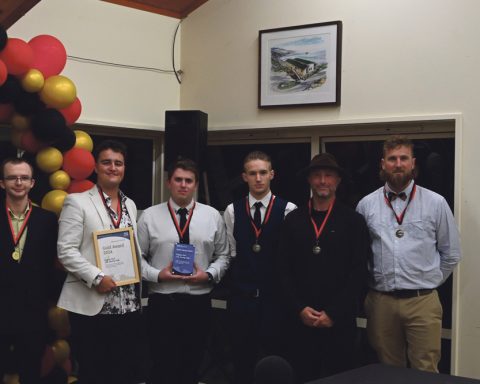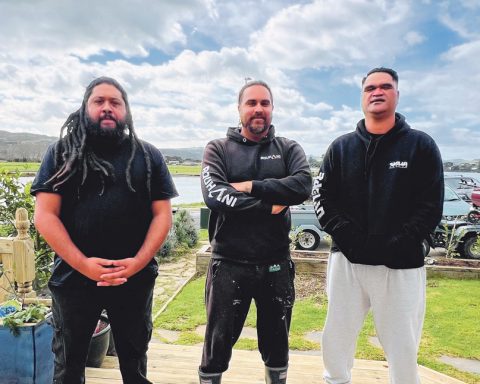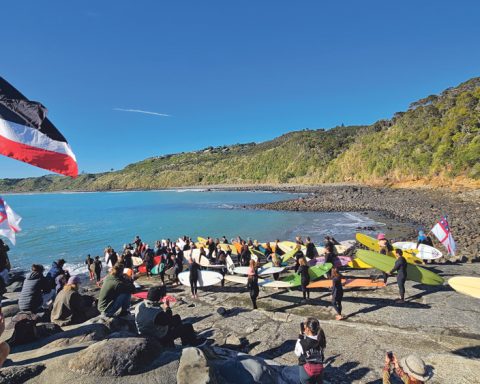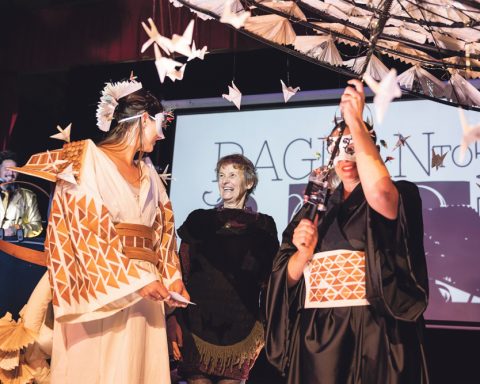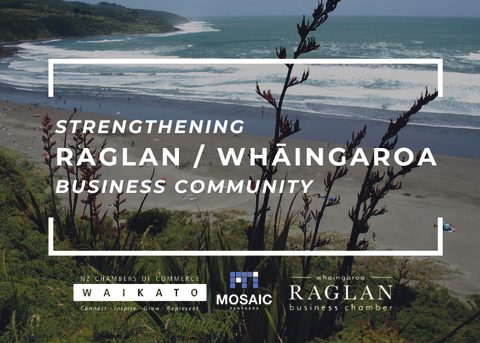Kia ngātai ai te tū e pakari ai te tuarā’ – ‘Stand Together, Stand Strong’
The Raglan Community Response Group is a passionate team of volunteers made up of individuals and organisations, we are collaborating to support our community here in Whaingaroa/Raglan. We are: Hapū, Māori health professionals, Raglan Community House, Raglan Medical, Raglan Naturally, Raglan Area School, Raglan Ward Councillor, Raglan Business Chamber, Raglan Chronicle, Raglan Community Radio, Raglan Community Board, alongside people with varied skills and backgrounds.
We know that Covid/Delta is going to be in our community and the best way to be empowered is to prepare ourselves, our whānau and our community with tools and information that will enable us to manage if you or someone in your whānau tests positive for Covid.
It will help you and your whānau isolate as safely as you can at home with the right support around you.
What does preparedness look like?
Taking Care of your Health and the Health of your whānau – these are only a starter; vaccinate, exercise regularly, walk the beach, dip your toes in the water, swim, walk, laugh, enjoy the company of whānau and friends, smile, eat good kai and importantly don’t be whakamā/shy to reach out if you need awhi/help – you are not alone.
Make a Plan – Decide what happens when someone in your whare tests positive for Covid and needs to isolate.
- That person must self-isolate for at least 10 days after the last contact or exposure to confirmed cases or until they are told they no longer need to do so, by a public health official.
- Ideally the positive person should isolate from the rest of the household.
- The rest of the household will need to be tested.
- If you are lucky to only have one positive person in your whare, you can prevent transmission by having only ONE person tend to the Covid positive person’s needs.
Include in your Plan – What happens for someone in your whare if they test positive for Covid.
- Do you have a room in your whare where whānau can isolate themselves away from others?
- If it’s not possible to set up a room, create separate zones so they’re away from shared spaces such as the lounge and kitchen
- Coordinate with whānau/friends to have another whare where whānau can go to safely isolate
Set the Tikanga/Guidelines – Decide on what the tikanga is for your whare so everyone understands what needs to happen if you or someone in your whare tests positive for Covid.
- Talk with your whānau or if you live alone, speak to close friends or reach out to your neighbours, we all need to support each other
- Make sure that people visiting know what to do if they are supporting you to safely isolate at home e.g text or message before they arrive, beep from the gate, stay in their car etc
- Put up a sign on your front door, set up a table outside the front door with sanitiser, a QR code or register
Prepare your Whānau – Prepare a checklist and make sure whānau/friends/support people understand your planning and have a copy of your checklist.
- Put your checklist on the fridge, have your whānau details; names, ages, NHI numbers, medical conditions, addictions, numbers of your doctor, emergency numbers, support agencies, just in case
- If you have tamariki/children talk with them about the plan and if you get sick how they can reach out for help
- Make sure to have your phone topped up with data
- Make a list of household instructions that are easy to follow e.g. feeding your pets, taking them for walks, paying bills.
- Nominate someone outside your whare who can help if you or your whānau are isolating for delivering kai or supplies
Prepare your whare/home – Think about how to set up your whare to minimise spread.
- If you don’t have enough room inside your whare, what are your options? An outside room, a caravan or tent set up and made into a comfortable space with all the necessary supplies
Prepare your Pataka/Supplies – make sure you have plenty of kai/food in case you need to isolate at home, have enough for 14 days.
- Kai, fresh fruit and vegetables
- Have lots of fluid, water, broths, ice blocks, kawakawa tea etc
- Baby supplies
- Pet food
- Hygiene products
- Medical and cleaning supplies
- Sanitizer, masks
- Have prepared kai like soup and stews in the freezer so it is easy to heat without a lot of preparation
It is important to be connected, make your plan with your whānau, your friends, your support people.
We will have more information to share with the community over the coming weeks on how to stay safe and well. Wear your mask, sanitize regularly, maintain social distancing and seek professional medical advice. If you are feeling unwell or have flu-like systems please get tested or call the Covid-19 Helpline to talk about how you are feeling.
Important Numbers:
Covid-19 Healthline: 0800 358 5453
Raglan Medical: 07 825 0114
Raglan Community House: 07 825 8142
Healthline: 0800 611 116
Helpline – Mental Health 0800 111 757
Emergency: 111
Waikato Tainui: 0800 TAINUI (824 684)
Work and Income – Rent Arrears: 0800 559 009
Income Support/Money Talks: 0800 345 123
To book a Covid-19 Vaccination:
0800 28 29 26
Need to talk: Call or text 1737 – speak to a qualified counsellor; available 24 hours a day, 7 days a week
Youthline: 0800376633
Youth text options: “The lowdown” Text 5626 or “Need to talk” Text 1737
Kia noho haumaru: Your Checklist
We have created this checklist to help you and your whānau be prepared if you or someone you love has to isolate at home with Covid. Don’t feel shy to ask for help and support, our community is here to help.
- Have you made a plan for what you will do if someone in your whānau tests positive and needs to isolate?
- If you have tamariki, does your plan include childcare arrangements?
- If you live alone, have you talked about your plan with others, and do you know who will assist /check in with you if you test positive and need to isolate?
- Do you have whānau outside your household you need to help make a plan for? E.g. elderly whānau members/neighbours
- Does everyone in your whānau know the plan and how to look after each other if someone tests positive and needs to isolate?
- Have you talked with your tamariki about your whānau plan and what will happen if you or one of them tests positive and needs to isolate?
- Have you nominated someone outside of your whare who can help (e.g. deliver kai, medication, hygiene supplies) if you/your whānau are isolating?
- Have you made a list of household instructions that are easy to follow if you get sick e.g. feeding pets, paying bills etc
- Other important contacts for your whānau?
